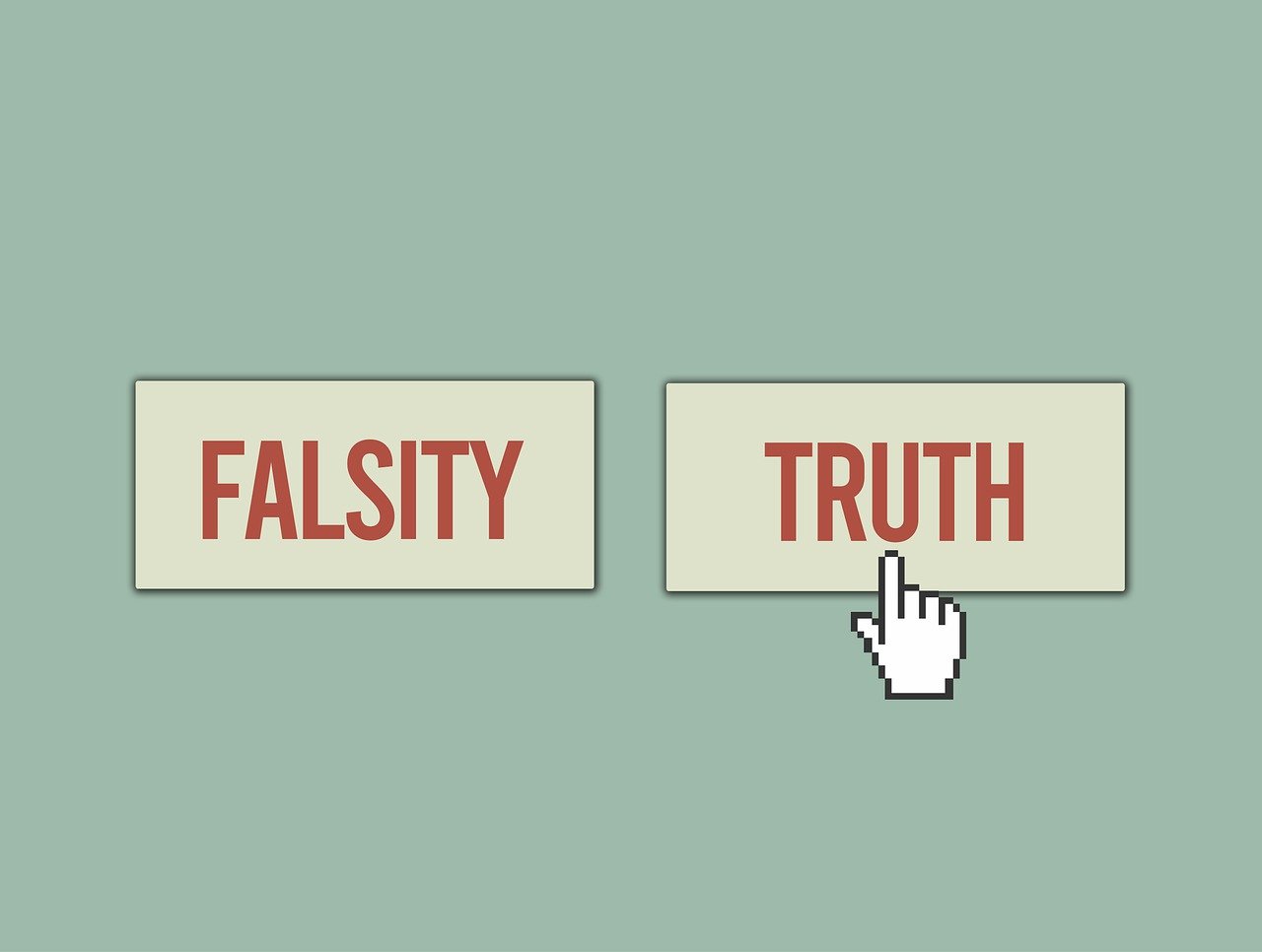Hiring a new employee can be a hassle. Hiring your first employee can feel like a nightmare. The hiring process can seem both infinitely frightening and infinitely complicated as you approach it from the role of employer for the first time. You’ve been in the hot seat before, but you might never have been in the position where you had to make the ultimate choice. This article is here to help you navigate the ins and outs of the hiring process. From creating your want ad to finding candidates and ways to help you sharpen your interviews and the overall hiring process. This can help you find the right candidate without having to invest great amounts of your precious time and money in doing so.
Is it Time to Hire?
The first question is often the most difficult for the soon to be employer to make. When is your business ready to hire its first (or at least a new) employee? Even more difficult of a question to answer for many entrepreneurs is, “Is my business ready to take on a new employee?”.
Taking on a new employee can mean exponential growth for your business, but it is also a huge responsibility. They are not just responsible for their work on your behalf, you are responsible for contributing to their livelihood. If your business isn’t ready for the financial commitment that employees cost, both in salary and insurance, don’t take the risk. The last thing you want to do is compromise not only that person’s livelihood down the road but also the credibility of your business.
Put Your Brand Out There
So, your business can support a new employee and you are ready to hire. What comes first? Do you write ad copy? Do you start contacting people out of your virtual Rolodex?
The best thing you can do to help jumpstart your hiring process should start to take place long before you’re ready to expand your employee team. Your brand is your best recruitment tool. If you can establish a brand name, even if it’s just a sizeable social media presence and a website to back it up, you will do wonders when it comes to attracting new candidates. A recognizable and reliable brand will let potential candidates know that your company is one to work for, even if you aren’t ready or able to take on new employees at that point in time.
Be Descriptive
Like most things in life, you need to know what you want. Not just a relative picture of who you’re looking for in a candidate, but an exact request. Just like you order your burgers, put out your order for a new employee with all of the topics, seasonings, and rarity you’re looking for. The less specific your ad is, the less likely you are to attract candidates that meet the qualifications, skills, and personality that you are looking for and your business is in need of. You don’t need to write a twelve-page manifesto, but make sure that you’re asking for what you want in as exact detail as possible. This will save you time and headaches when it comes time to sift through resumes and conduct interviews later.
Where is Your Want Ad?
As important as it is to know what you are looking for in a candidate, it is equally important for you to know where you are looking for a candidate. Is your want ad physical, like would be found in the morning newspaper? Is it a social media post? Are you running a targeted ad? Are you advertising over the radio?
Different want ad locations will yield different results. It is important for you to know the general demographic you are targeting, specifically when it comes to age and desired skills. People of different backgrounds and generations will seek out jobs in different ways. Make sure that you have an understanding of where your desired candidates are likeliest to be looking out for new jobs and place your call for employment there.
Be Adaptable
The odds are that the candidate you have imagined in your head doesn’t actually exist. Maybe they meet all of your educational criteria, but their personality just feels off. Perhaps they have a dynamite personality, but they are missing a few qualifications. Maybe they’re an inside hire who doesn’t meet the professional experience, but whom you know you can trust.
Adaptability is a necessary skill for any employer. You need to be willing to adopt the position to your actual candidates as much as you need to be willing to adapt your imaged ideal candidate to figure out what you are really looking for in a new hire.
Practice Interviewing
You, as the employer, need just as much experience leading interviews as the potential employee needs practice being interviewed. A bad interview, on your part, can prevent you from really asking the questions necessary to determine the potential of a new hire and can lead to costly mistakes down the road if you hire the wrong person-or, even worse, if you don’t hire the right person and they get another offer.
Make sure that your interview process is refined, and that you’ve spent time developing your questions and determining which responses you and your company are looking for. The more practiced and comfortable you are, the more comfortable your interviewees will be, and the smoother the process will go.
Commitment Issues?
How long is your candidate going to be with your company? How long do you think you’ll need this employee based on your current workload? If things slow down, how are you going to keep them around?
Commitment is a two-way street. If either party feels like the other doesn’t have the mind for a long-term commitment, it may scare them away. You need to take a careful look at your candidate’s employment history to get a good understanding of how long they usually stick around. You also need to make sure that they have the incentive to stick around. Are there ways that they can advance within your company? If not, you might find yourself frequently refilling this position as employees seek out taller ladders to climb.
How Well Do They Adapt?
As much as you must be willing to adapt your standards to the candidate, you need to make sure that they are willing to adapt as well. Has this candidate only served in one type of role? What different skills do they possess that doesn’t necessarily correlate directly with the position they have now? Are there other ways that they can be used in your company, both in the short and long-term?
You need to be asking these questions of your candidate and of their references. An employee that can engage with other parts of the company is not only likelier to stick around longer and be more satisfied but will be a greater asset to your business in the long-run.
Do They Mesh with Your Culture?
Culture is not a fundamental part of business operation, but when it comes to employee satisfaction and longevity, it is a quintessential part of your organization. You don’t want your employees to be carbon copies of one another, but you do want them to be able to organically engage with each other. You want an office culture that employees look forward to. Your business needs to be a place where people can converse, engage, and know that they are working with people who care about them. If a candidate meets your technical qualifications but doesn’t mesh with your culture, they are not a good fit for you nor are you for them. Period.
Make Long-Term Investments
How long are planning on being invested in this employee position? How long are you planning on being invested in whomever you hire? You need to have a good idea of how long you want to commit to this relationship because your potential employees will have already thought long and hard about these questions. You need to be prepared to commit, not only does this honor the employee by not pulling the rug out from under him or her down the road, but it greatly benefits your company. Keeping an existing employee is much easier and much more beneficial to your company than it is trying to bring in a new one. Make long-term investments and receive long-term results.
Set the Tone
How do you interview? Are you wearing a suit or sportcoat? Are you expecting the employee to do the same? What room do you interview them in?
The way that you present yourself during the interview process says a lot about what kind of company you represent and how your interview process will go. Make sure that you present yourself according to the position and the company culture. If nobody wears suits around the office, don’t expect your interviewee to show up in one. If your office culture is laid back, then let your interview be as well. The interview is the appetizer for what it is like to work at your company, make sure it is an accurate one.
Be Sociable
The interview process does not need to be overwhelmingly formal. It is okay to crack jokes and lighten the mood. It’s okay to ask potential hires questions that aren’t specifically about job skills and ability. In fact, it can be very beneficial to let your interviewees talk about themselves, and for you to open up about yourself. Look for common ground with your interviewee such as hobbies, favorite foods, sports teams, etc. This not only makes the interviewee more comfortable, but it helps you find common ground and gives them a broader idea of who they would be working with.
Watch Them in the Wild
A good way to ascertain whether a potential employee would be a good fit for your office is to see how they interact with other people. Step out of the room for a second and introduce them to someone else. Take them on a tour of the building and let them meet other employees. Bring them into group conversations. Give them the opportunity to organically engage with the people around them and see if they are a good fit. The entirety of the interview process does not need to be formal one-on-one. Sometimes the best tells that a potential hire has can be seen in how they engage informally.
Pull the Trigger
When you’ve found a candidate, who fits your professional criteria, who has the necessary experience and skills, and who meshes well with other employees and the overall office culture, do not be afraid to commit. Pull the trigger and offer them the job.
You can sit around and wait if the next candidate might be the best one yet, you can nitpick and wonder if you’ll find someone who has just a year or two more experience. You can do any of these things, but your ideal candidate might get away from you in the process. Do not be afraid to offer the job to someone when you find the right someone. You never know what other offers they might have waiting in the wings.
Analyze Your Own Process
So, you’ve hired your new employee and your hiring process is over? No, it’s not. After you’ve made your hire, you need to go back and access the process. What went wrong? What went right? Did you feel like you interviewed too few candidates? Were there far too many applications and resumes for you to manage? Did you forget to ask that one question during the second round of interviews?
Odds are, you’ll find a mistake or two- things that you could have done just a little bit better. That’s okay, make a note of these and figure out what you can do differently next time. The best way to improve your hiring process is to follow and see what works for you and what doesn’t.
Featured Image:
Image by Katie White from Pixabay




















